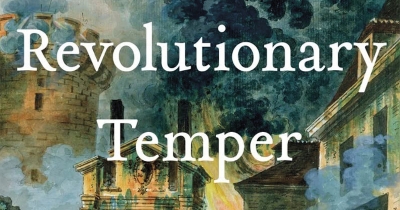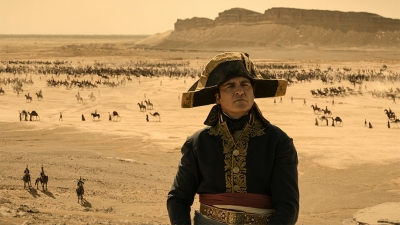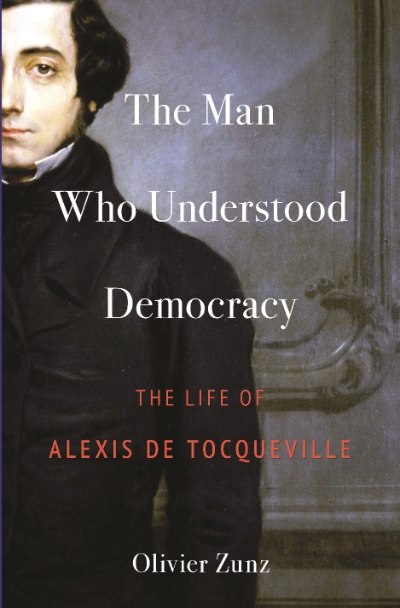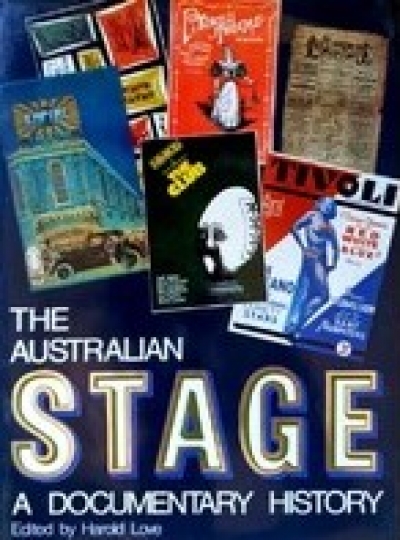French Revolution
Ridley Scott’s Napoleon Bonaparte is petulant, over-confident. He likes to make animal noises and is often ill at ease. He is deeply infatuated with his wife. He can fall asleep at crucial moments. His ambitions are boundless, his limitations often comical. He’s very into cannons. He combines the extraordinary and the extremely ordinary in disconcerting ways.
... (read more)The Man Who Understood Democracy: The life of Alexis de Tocqueville by Olivier Zunz
by Peter McPhee •
The Man Who Thought He Was Napoleon: Toward a political history of madness by Laure Murat
by James Dunk •
The Australian Stage edited by Harold Love & Reverses by Marcus Clarke, edited by Dennis Davison
by Helen Thomson •








